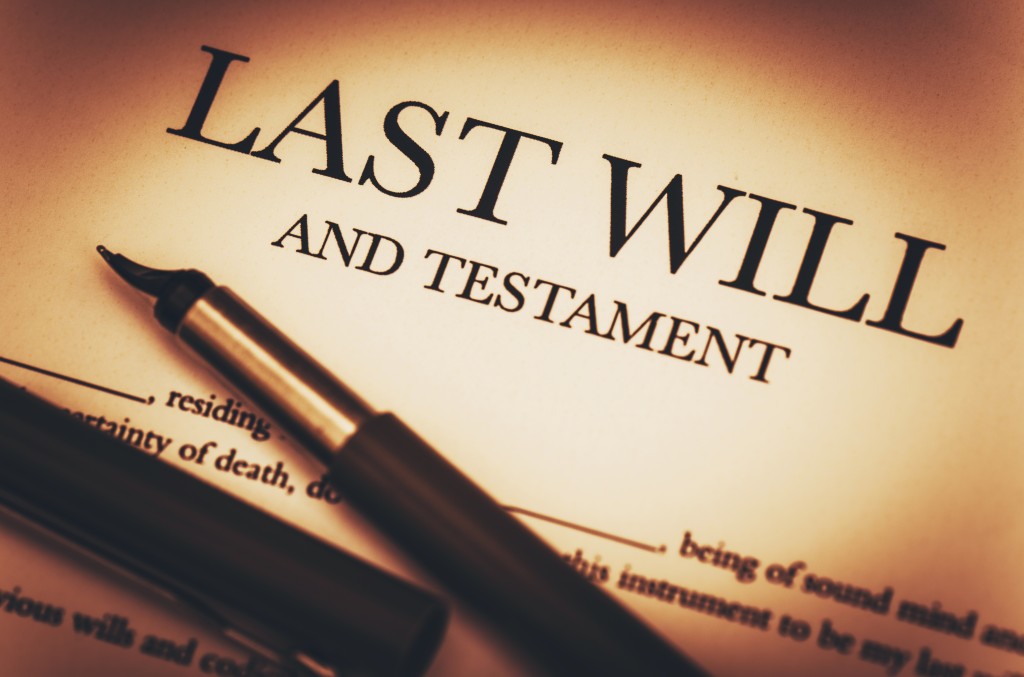Author: Bonnie Lawston
Under New York law, a valid will must contain the signatures of two witnesses. There are no requirements regarding the capacity of the witnesses. The testator (person executing the will) must sign in the presence of the witnesses, but they need not sign in each other’s presence. There’s also nothing that prohibits you from having a family member as a witness to your will, but there can be consequences.
Under New York law, a witness who has also has an interest in the estate is known as an “interested witness.” The fact that the will was witnessed by an interested witness does not invalidate the will, but it will render any benefit to the interested witness in the will void. Accordingly, any conveyance of property to an interested witness under a will, even if it’s part of a residuary estate, will be ineffective and will be returned to the estate, to be divided among other beneficiaries.
The “interested witness” rule, however, can apply to more than just property received. Consider the facts in Matter of the Estate of Cynthia R. Wu. In that case, the deceased had a provision in her will that called for estate and inheritance taxes to be paid as debts of the estate, rather than by beneficiaries out of their pro rata share of the estate. The deceased’s brother, the named beneficiary of two life insurance policies owned by the decedent, had also been a witness to the decedent’s will. The court concluded that, because the brother was an interested witness, he was not entitled to the benefit of having the estate taxes paid out of the estate. Instead, the court ordered him to pay his pro rata share of the estate taxes out of the death benefit proceeds.
Contact the Law Office of Bonnie Lawston
At the Law Office of Bonnie Lawston, we focus our estate administration practice on estates subject to probate in Nassau County and Suffolk County on Long Island. Contact our office online or call us at 631-425-7299 or 24/7 at 855-479-4700) to set up a free initial consultation.

